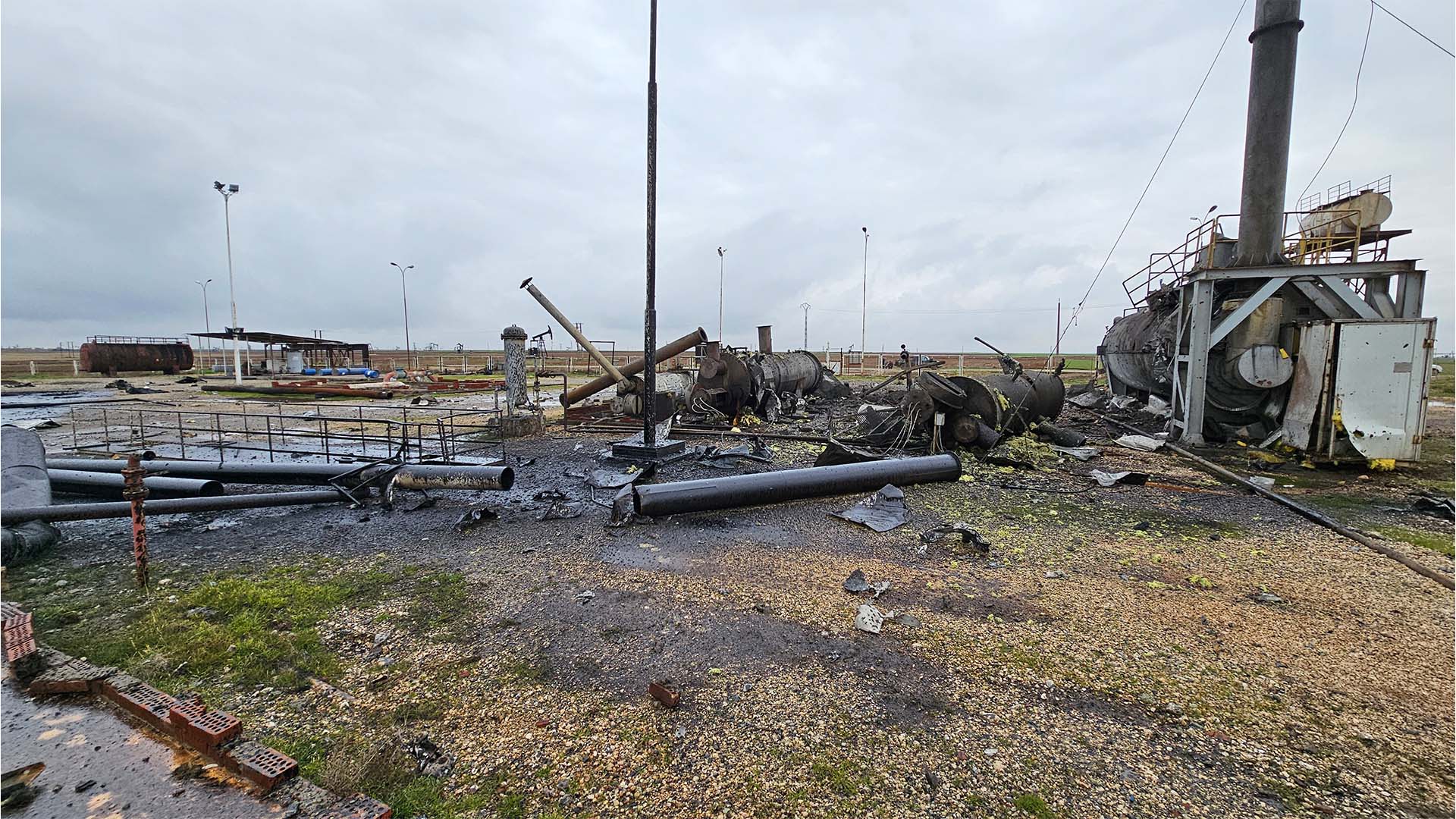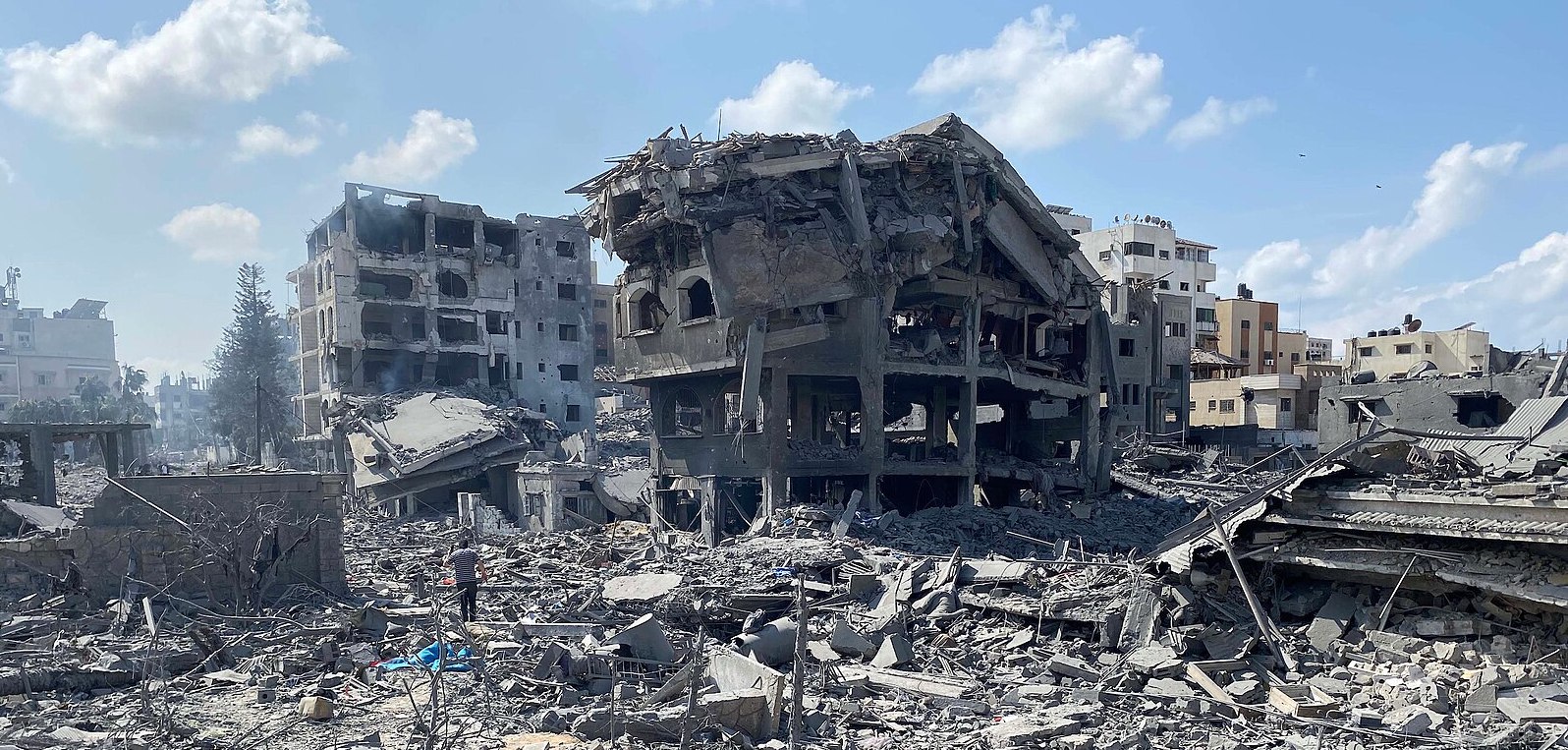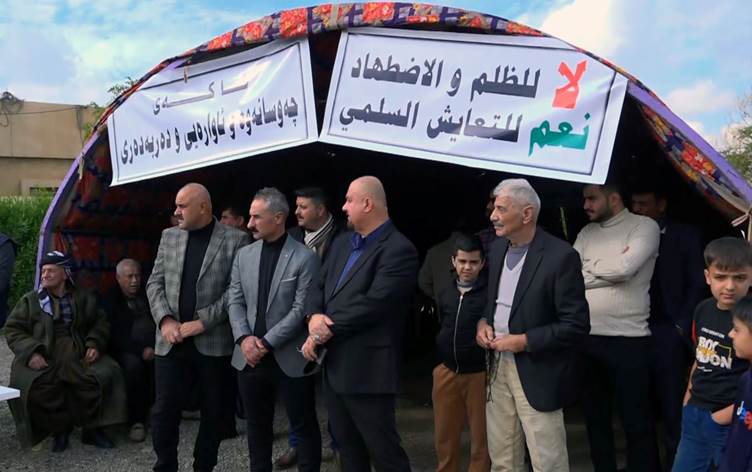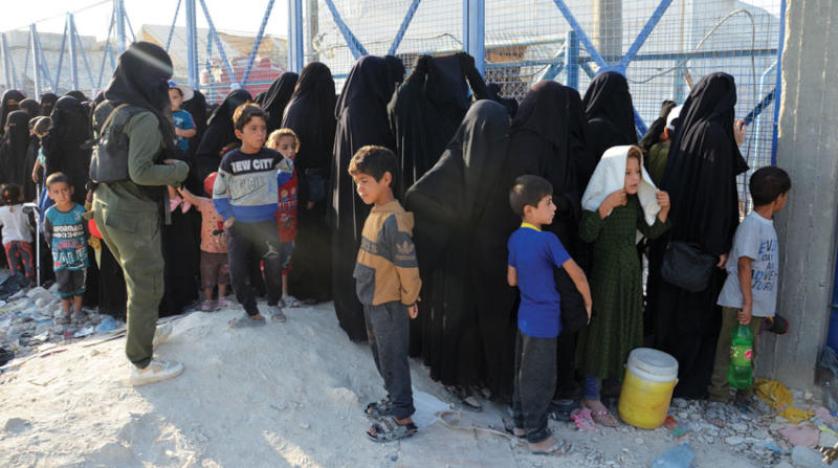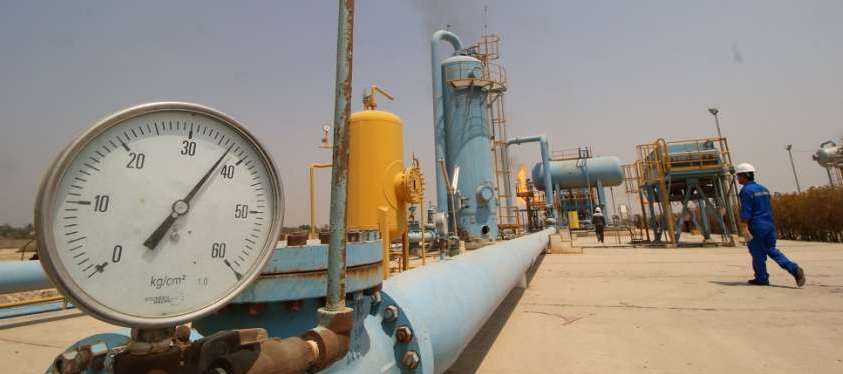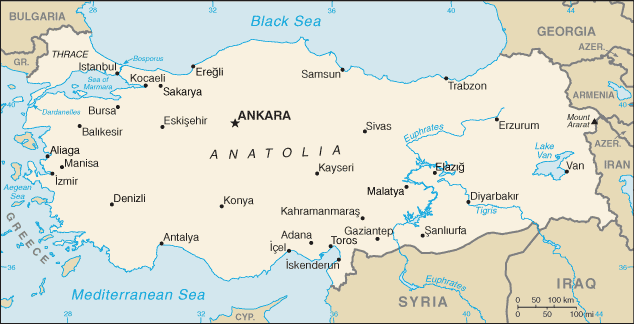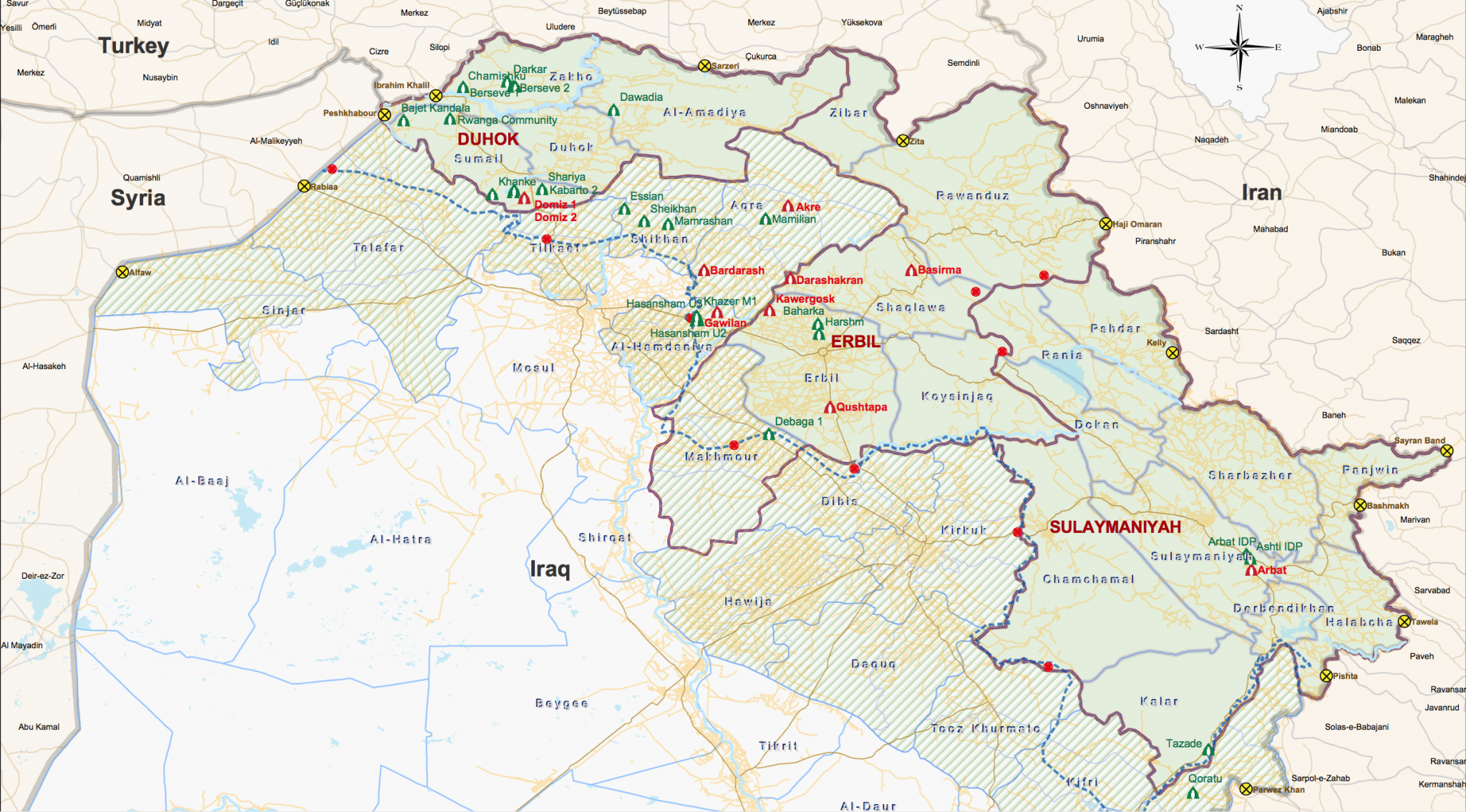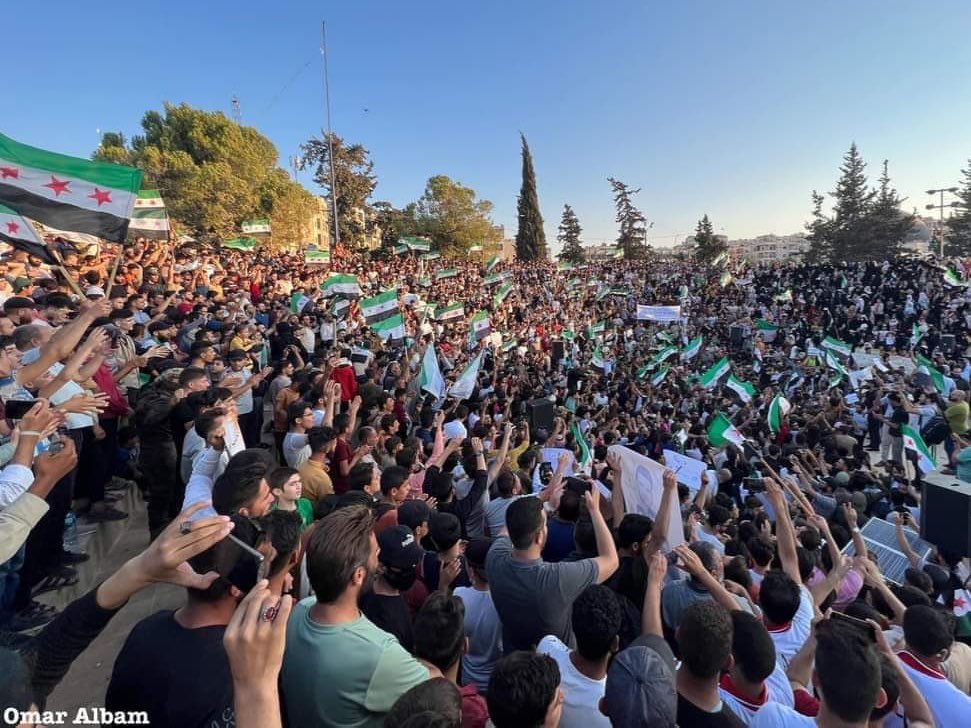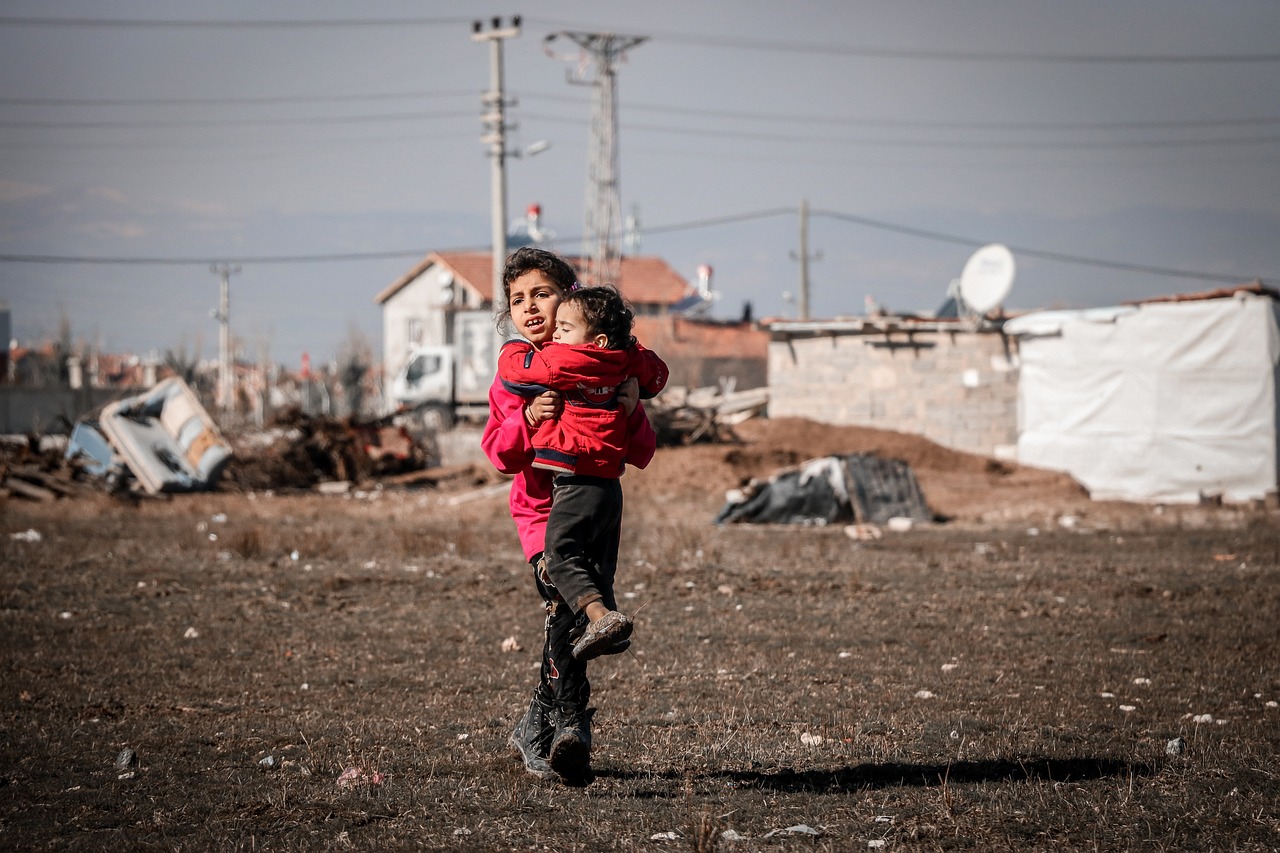
UN calls for urgent action on escalating Syria violence
The UN Commission of Inquiry on Syria released a report concerning the most severe escalation of violence in the country since 2020. Explosions during a military academy graduation ceremony in Homs triggered the escalation, which began in October, leading to a series of indiscriminate attacks by Syrian and Russian forces on opposition-held areas. The commission emphasizes that these attacks may constitute war crimes, targeting hospitals, schools, markets, and displaced persons camps. (Photo: Alex Madred/Pixabay)



